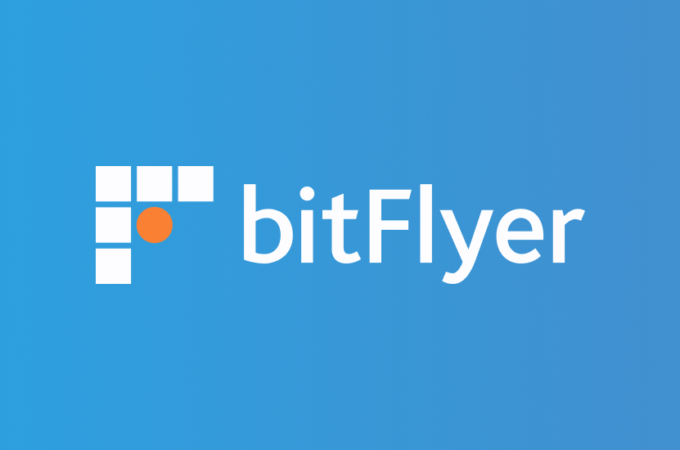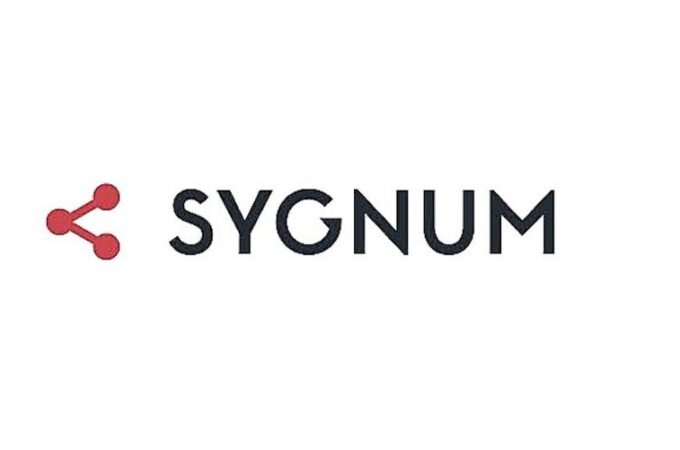
IBM uses blockchain to improve cross-border payments processing
IBM is leading a project that uses public blockchain technology to make international payments in developing countries more efficient and less expensive.
Today, making international payments in developing countries can be costly, laborious and error-prone, with transactions in different currencies often requiring multiple intermediaries and taking days or weeks to complete.
The IBM universal payments system is intended to simplify the way funds are exchanged around the world, and to reduce settlement time from days to seconds. Each payment is immutable once recorded, and settlement instructions are provided via smart contracts on Hyperledger Fabric.
National Australia Bank, TD Bank, and other financial institutions are lending their support, by collaborating and advising in the system’s development with the intent to help expand its use in other regions around the world, says IBM.
The technology is already in production supporting transactions in 12 currency corridors across the Pacific Islands and Australia, New Zealand and the United Kingdom.
Advanced Pacific Financial Infrastructure for Inclusion (APFII) members, a public-private partnership initially funded by the United Nations and Swift is using the network, vowing to process up to 60% of all cross-border payments in the South Pacific’s retail foreign exchange corridors by early next year.
“This is the first time anyone has made blockchain work at an institutionally viable scale,” says Robert Bell, chairman, APFIIp. “Through KlickEx, the Pacific has had relatively low-cost, real-time, multi-currency payments for most of the past decade, and this project was a natural next step following our work to create seamless and borderless payments across the Pacific.”





